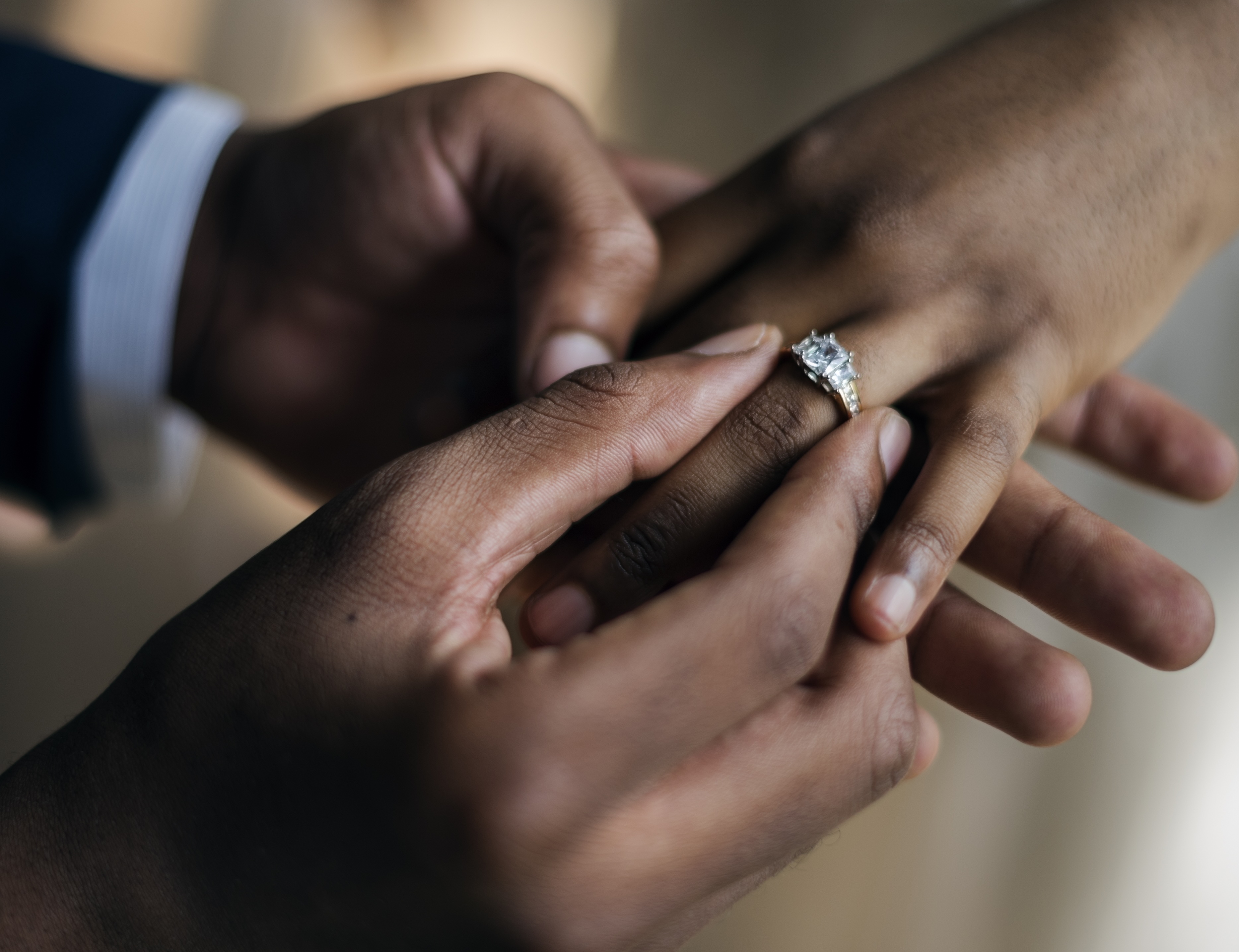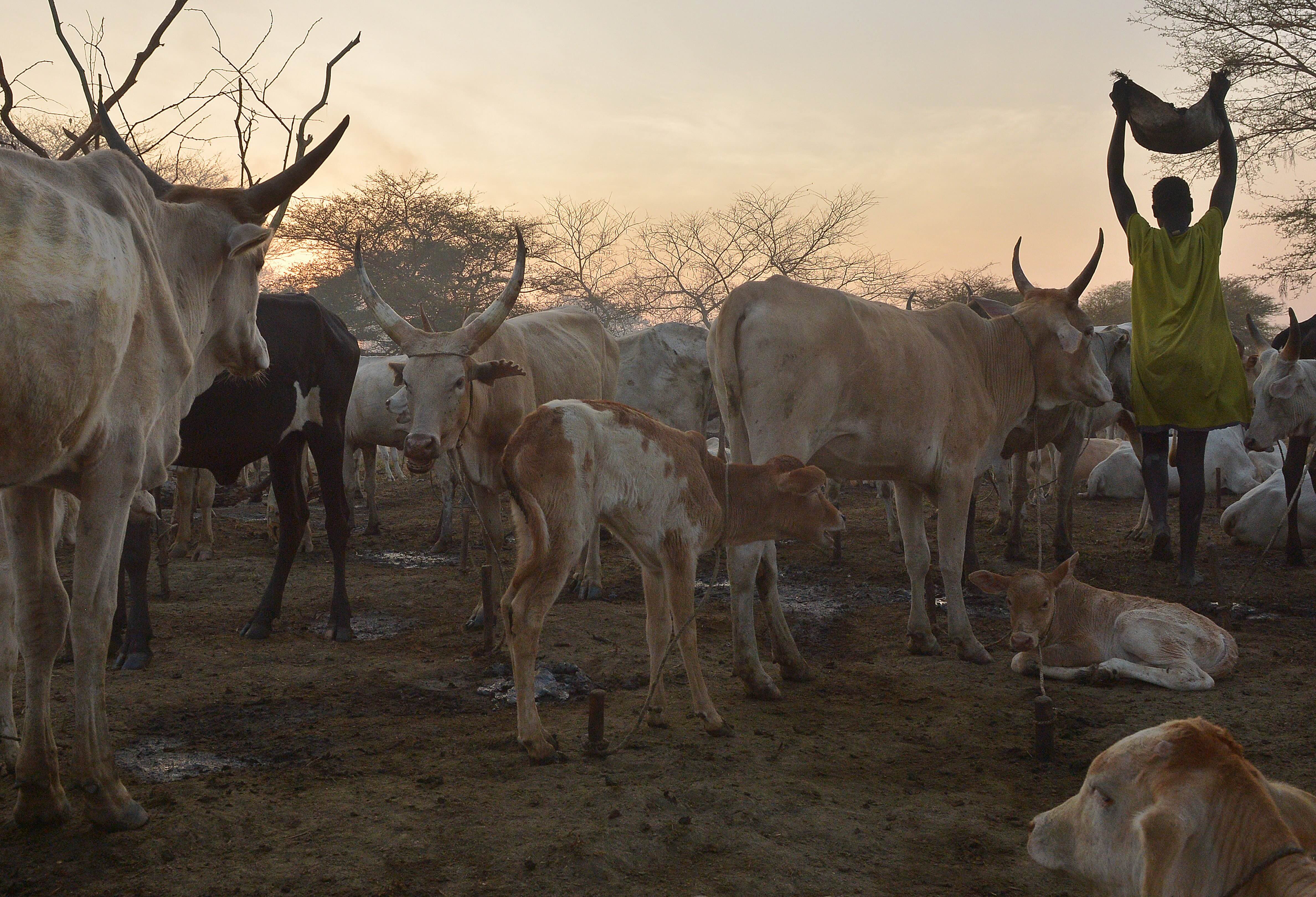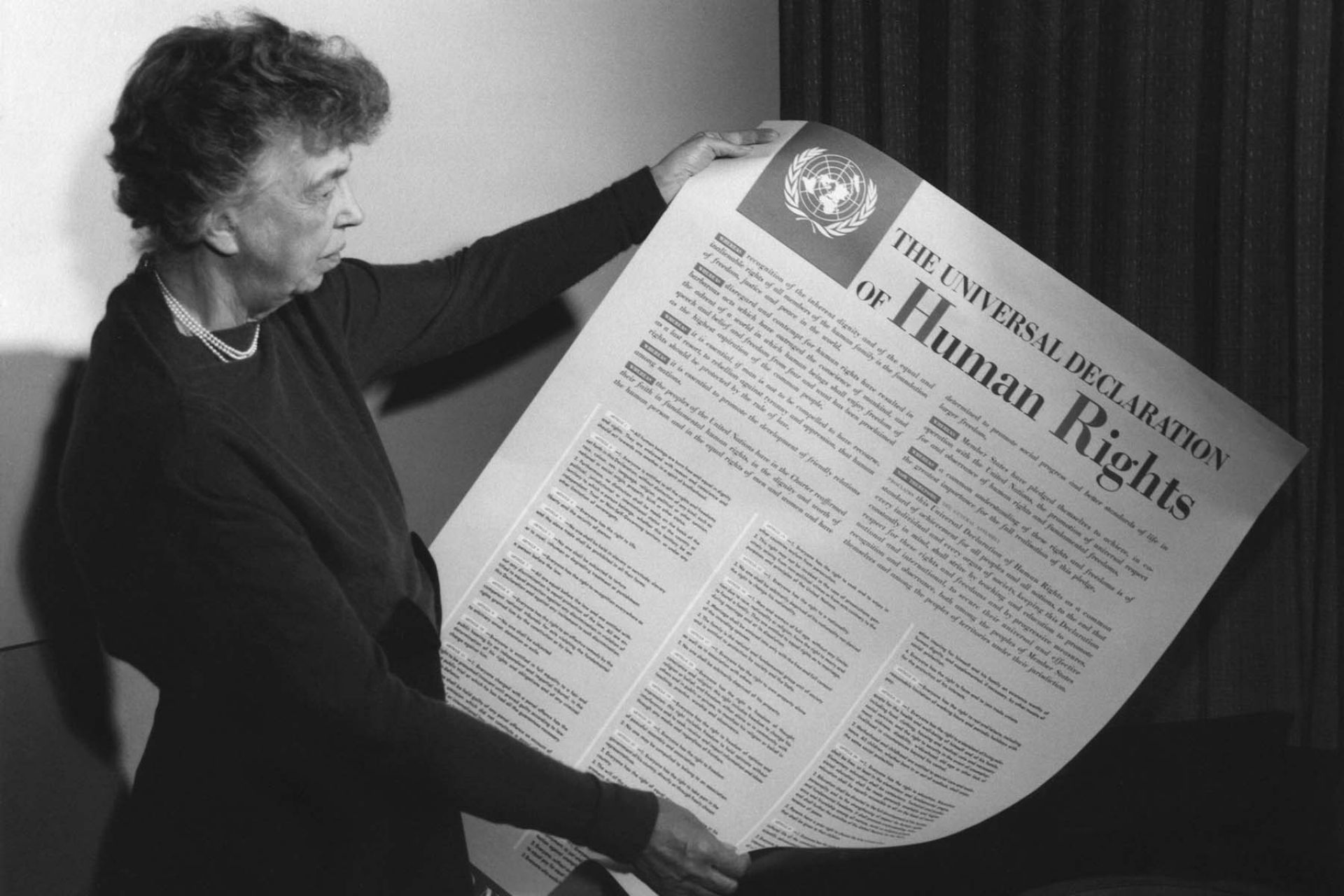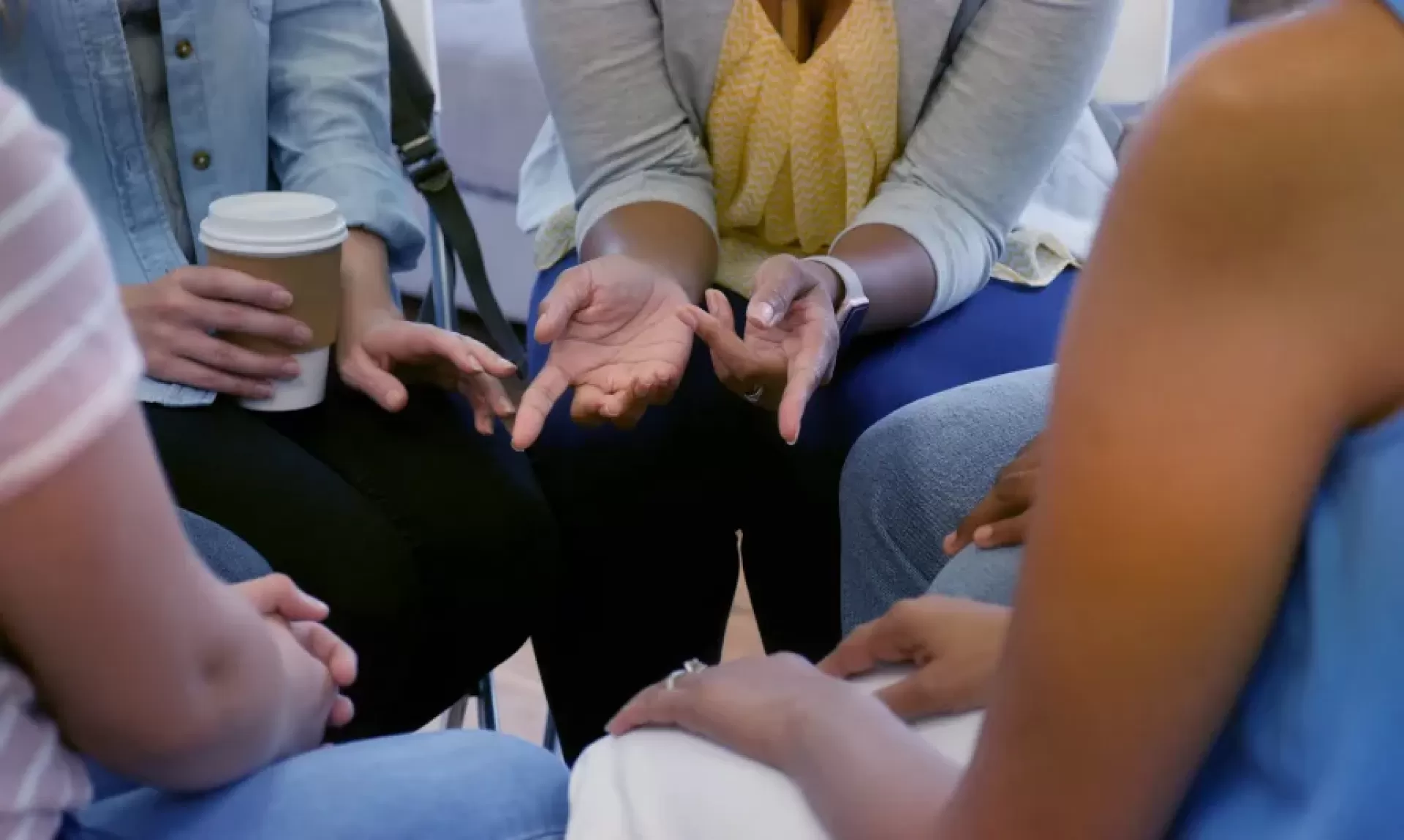
The real cost of paying for a bride

Bride price is a valued traditional marriage practice of the South Sudanese people, but its moral, economic and human rights consequences mean we may need to move away from the practice in both South Sudan and Australia
Published 1 November 2024
In South Sudan, there is an age-old practice called bride price. A groom’s family pays a bride’s family for the marriage, usually in cattle.
As the Dinka tribe in South Sudan has a largely cattle-based form of wealth, this practice is a big part of the local economy.

The custom is problematic enough in South Sudan, where it is still widely practised.
But it has even more issues when practised by migrant families in suburban Melbourne or Sydney. There are over 24,000 South Sudanese people in Australia, and almost half of them live in Victoria.
Like all first- and second-generation migrants, they bring the customs of the old country with them. So here, the bride price is still paid, but usually in cash. A bride can ‘cost’ a young man’s family AU$50,000 to AU$100,000.
This means some young men cannot afford to get married and other young men take out big mortgages to get married.

Those young men who manage to save up and get married, with the financial help of their male relatives, may then find themselves divorced and alone, but still heavily in debt.
For young women, it is a complicated picture. Traditionally, girls are raised to take great pride in winning a high bride price, both because it goes to their ‘value’ as women and because the wealth helps their families.
But some brides go on to find that their husbands believe they own them and in some cases, that attitude can lead to family violence.

Cultural justifications for bride price
Bride price is viewed as serving many purposes in terms of South Sudanese traditions.
Firstly, it signifies the union in customary law between the groom and the bride, which, more broadly, is also a union between their families and clans.
Any marriage where a bride price is not paid lacks customary legal validity and certainty and risks being cancelled by the bride’s parents.
Secondly, it establishes the customary legal paternity of children of the marriage, thereby preserving patrilineality (the father’s line).

Health & Medicine
The mental health of young African Australians
Finally, it gives the bride value and status in her husband’s family, which she joins indefinitely upon marriage. The higher her bride price, the more valued and respected she might be.
While there is immense cultural value attached to bride price, it is inherently problematic from three standpoints: moral, economic and human rights.
Moral issues
Bride price is a form of sale and purchase. In most cases, the price is negotiated between the groom and the bride’s families without the bride’s consent or involvement, especially when it comes to young girls.
This reduces the bride to the level of an object or commodity to be sold, and it is morally wrong to put a price on another human being, whatever the claimed justification.

Economic stress
Because it has become commercialised, especially in Western countries like Australia where it is now paid in whole or in part in cash, bride price has become extremely expensive. The price is now in the range of AU$50,000 to AU$100,000, or 50 to 100 cows if paid in-kind in South Sudan.
If the marriage involves competition between two or more suitors, which is not uncommon, the price in South Sudan can go up to 100 cows, or 500 cows in rare cases.
High bride prices have many serious consequences. On the one hand, they leave men financially worse off, as they give everything to pay the price.
On the other hand, they put women in a weaker position in terms of the emotional dynamics of the marriage. For example, some men would expect their wives to be submissive – an expectation that, if not met, can lead to physical violence as a form of discipline.

Health & Medicine
A community acting against family violence
Human rights law
Bride price is incompatible with international human rights law.
Many international human rights conventions recognise equality between men and women and require state parties to take decisive measures to outlaw customs and practices that deepen gender inequality.
The Supplementary Slavery Convention of the United Nations treats bride price as a slavery-like practice and mandates its abolition:
“Each of the State Parties to this Convention shall take all practicable … measures to bring about … a complete abolition of … [a]ny institution or practice whereby … [a] woman, without the right to refuse, is promised or given in marriage on payment of a consideration in money or in kind to her parents, guardian, family or any other person or group.”

South Sudan and Australia have both ratified many of the international human rights conventions. Thus, the two countries have binding international obligations to bring an end to practices like bride prices in their respective jurisdictions.
South Sudan has enacted laws that prohibit customs and practices that are harmful to women, for example, the Transitional Constitution and Child Act. What it still lacks, however, is decisive action by the government to implement the laws.
This inaction by the government is a large part of the reason child marriage is very common in South Sudan.
Recent surveys show that 52 per cent of girls in South Sudan are forced into marriage before they turn 18, which is the legal age under the Transitional Constitution, and 9 per cent of them are forced into marriage before they turn 15.

Health & Medicine
Sport and that sense of belonging
Australia does not have a law that specifically prohibits bride price. However slavery-like practices are prohibited under Division 270 of the Commonwealth Criminal Code Act 1995. So, implicitly, Australia has obligations under its domestic law to act against such practices.
Such action would also bolster the government’s policy to close the gender gap and gender inequality in Australia.
Reducing the reliance on bride price
So, what should Australia do about this custom, which does not sit well with today’s views on the relationship between women and men?
Using the law to make bride price illegal would, at first glance, look like the obvious solution. But it is not the most effective response because it would not stop people from obeying the custom; it would just send it underground.

What might be most effective for Australia and South Sudan, would be for the governments to help start an open conversation with the people concerned, or even for the communities to initiate a debate.
A community education campaign that aired the moral, economic and human rights issues that underlie the custom would not be resisted as an imposed solution and would be more likely to change people's views gradually.
Also, as more and more people in the Dinka community in particular and South Sudan in general become educated, and thus have independent means of financial support, there will be less reliance on bride price for families’ financial survival.
But while it is likely to die out gradually over the years, a gentle push in the right direction could make a big difference to individual lives in the meantime.

